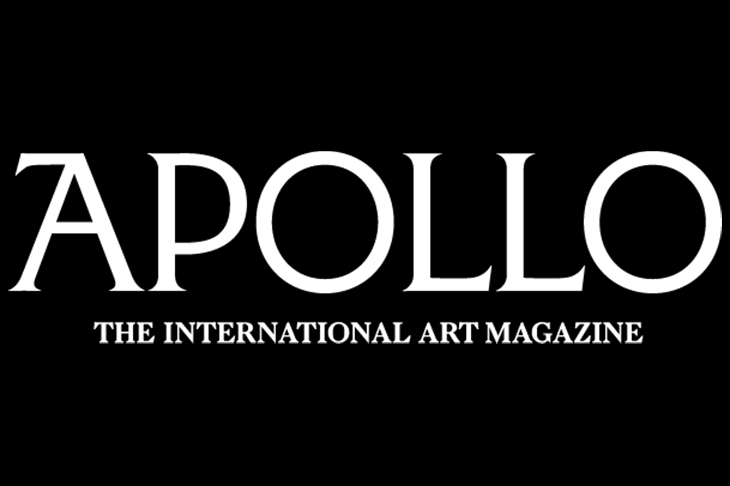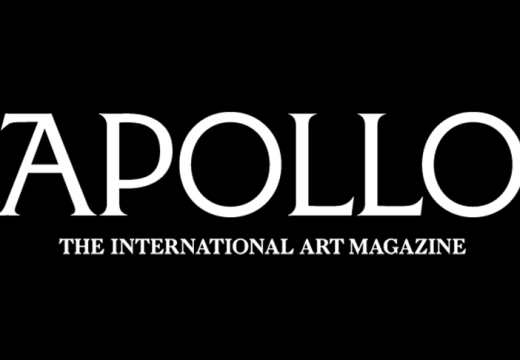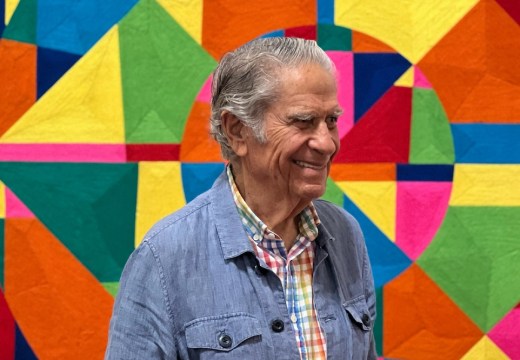Our daily round-up of news from the art world
Urgent Initiative to Save Yemen’s Heritage | Following last week’s devastating reports on the wanton destruction of Yemen’s cultural heritage, Al Jazeera has published a report on an American professor’s attempts to digitise the war torn country’s unparalleled collection of around 50,000 rare manuscripts. ‘Within these manuscripts are inscribed the collective memory of a people,’ said David Hollenberg of the University of Oregon. ‘Once this memory is erased, an important chapter of the story of what it is to be human is no longer recoverable.’ The tomes in question are held in three private manuscript libraries in Sana’a, and represent the largest and most important collection of unexamined texts in the Arabic world. Hollenberg has been working on a project to safeguard the contents of the manuscripts since the 1990s. Last November, he set up Save Yemen’s Heritage, an organisation that aims to send digital equipment to the south Arabian nation so that local NGOs can record the priceless texts for posterity. At present, however, Americans sending funds to Yemen without clearance are liable for criminal charges, and SYH must obtain permission from the US Treasury before anything can be done. It is a sobering thought that the collective memory of an entire people may rest on whether the Treasury deems Hollenberg’s plan acceptable.
RIBA President Calls for Halt to Garden Bridge Project | Jane Duncan, President of the Royal Institute of British Architects has stated that she is ‘extremely concerned’ by recent allegations over Thomas Heatherwick’s commission to build a ‘Garden Bridge’ across the river Thames in central London. Last month, details surfaced suggesting that the selection process that led to the £175 million project was ‘prejudged’ and ‘unfair’, and that the outcome was the result of ‘mayoral bias.’ ‘All those who bid for work have a right to expect that their submissions will be judged fairly, transparently and in accordance with the law,’ Duncan told the Architects’ Journal (£), recommending that all procurement be halted until the project can be properly scrutinised.
Turin Egyptian Museum Dedicates Gallery to Murdered Student | The Museo Egizio di Torino has dedicated a large gallery to Giulio Regeni, (Italian language article) the Cambridge PhD student who was murdered in Cairo last month. Appropriately, the gallery in question houses objects exploring the lives of workers in Ancient Egypt; Regeni was studying labour relations and unrest in 21st-century Egypt when he disappeared on 25 January. According to The Art Newspaper, more than 4,000 academics have signed an open letter protesting his murder.
Januszczak: BBC ‘Makes Art Feel Like Homework’ | Art critic Waldemar Januszczak has hit out at the BBC for its arts programming, criticising the corporation’s overly reverential attitude to the visual arts. ‘[The BBC has] helped create this image that art is a kind of homework, that needs to do you good,’ he told the Radio Times, complaining that by comparison to nature programming, art remained a niche, academic subject. We wonder: was he out when the Beeb screened the Great British Pottery Throw Down?
Malware ‘Museum’ makes for Surprise Blockbuster | Nostalgic for the ‘Millennium Bug’? You’re not alone, apparently. A ‘museum’ dedicated to old computer viruses and malware has attracted some 100,000 visitors since it went online last week. Naturally, (unlike the Jimi Hendrix Museum, due to open in London tomorrow) this is not an archive built from bricks and mortar: it exists solely as an internet project. ‘I only chose interesting viruses,’ ‘curator’ Mikko Hypponen told the BBC. Whether or not it can be considered a true museum is open to questioning. However, what it does show is very much in keeping with the unintentional theme of today’s Art News Daily: our instinct to preserve cultural memory extends to even the most obscure corners of our recent history.
Unlimited access from just $16 every 3 months
Subscribe to get unlimited and exclusive access to the top art stories, interviews and exhibition reviews.












![Masterpiece [Re]discovery 2022. Photo: Ben Fisher Photography, courtesy of Masterpiece London](http://www.apollo-magazine.com/wp-content/uploads/2022/07/MPL2022_4263.jpg)






